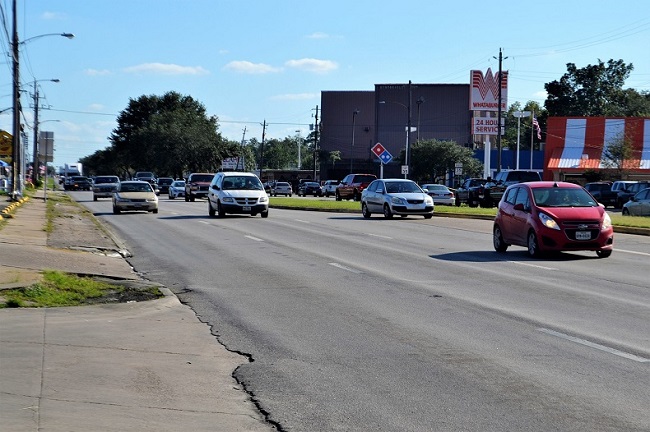Natural Gas Vehicles – The Pros and Cons
Using alternative energy sources means doing the environment a favor. The more we put safe energy to use, the bigger will be our contribution to the sustainability of the environment. Transportation is among many industries that consume the maximum amount of energy.
We all drive cars, which require fuel. The fuel on which a car runs fall into two categories; renewable and non-renewable. Everybody recommends fuel that comes from renewable sources because we can use them at our whim and they’ll still be available for us to use. Renewable energy is called sustainable energy.
Sustainable cars
Cars that run on sustainable energy sources are of so many types. Electric cars, mild hybrid cars, natural gas vehicles are among them.
In this post, I’d like to discuss the positive aspects of natural gas cars. I’ll also cover the cons at the same time.
An overview
The natural gas that we use for transportation purposes is biogas. There’s another type that’s found underneath the surface and extracted from there. The latter type is costlier than the former type. The auto industry uses the former type. Not the raw natural gas but compressed natural gas or CNG and liquefied natural gas (LNG) are used to run cars.
The Pros
The very first benefit that needs a mention is cost-efficiency. If you buy a CNG vehicle or convert a diesel-run vehicle to CNG, you’d have to make a hefty investment, there’s no denying of it. However, the tax savings that will bring a smile on your face later will counterbalance the initial investment. If you don’t believe what I’m saying, check the factsheet on this released by the government of the UK.
Not just in the UK, but in other European countries too, the prices of liquefied and compressed natural gas are well below those of diesel or gasoline, which simply means using natural gas results in an accumulated cost-saving over the years.
Benefits for individuals: Let me shed some light on how natural gas comes in rescue for both individuals and businesses. A natural gas run vehicle ensures the safety of the environment in case of an accident. When a CNG or LNG vehicle meets with an accident, the fuel evaporates in the thin air quickly, unlike diesel-run vehicles, where the environment suffers due to spillage of oil.
CNG vehicles don’t produce annoying noise. That’s because a CNG engine operates way quieter than a regular diesel-run engine. Constant noise during driving is not only annoying but might also distract the driver.
Benefits for enterprises: CNG and LNG vehicles offer enterprise-specific benefits. Trucking companies, for example, can benefit from the use of these vehicles. It saves manufacturing costs for a company and increases the truck’s energy efficiency, which makes an impact on the fuel economy.
The Cons
One shortcoming of a natural gas vehicle (NGV) is it is not as spacious as a gasoline or a diesel run car. The fuel storage cylinders that NGVs use eat a lot of space. Hence, it’s not surprising NGVs have less space for the cargo.
The driving range is another shortcoming of a natural gas vehicle. The driving range of NGVs is nearly half of that of a gasoline or a diesel-powered vehicle. Take for example the Honda Civic GX; it has a CNG engine, which makes its driving range almost 220 miles. Its gasoline runs twin, on the other hand, can travel up to 350 miles before it needs refueling.
And that’s not all. Imagine you are driving a CNG car, and it runs out of fuel in the middle of a road. It might be difficult for you to find a filling station because there are not many in the UK. New stations are opening, but their number needs to increase.
The future
It’s a no brainer that the shortcomings will cease to exist in the future. This clearly indicates the future of CNG and LNG vehicles is anything but grim. Besides, many esteemed auto manufacturers have started to show an interest in CNG cars. So, the future looks bright.
*This information is shared by Plates4Less private number plates. For any private number plates requirements in the UK, get in touch with us.
Kent Charlie is a car freak and is highly interested in personalised number plates and is a popular writer for an automotive blog.

